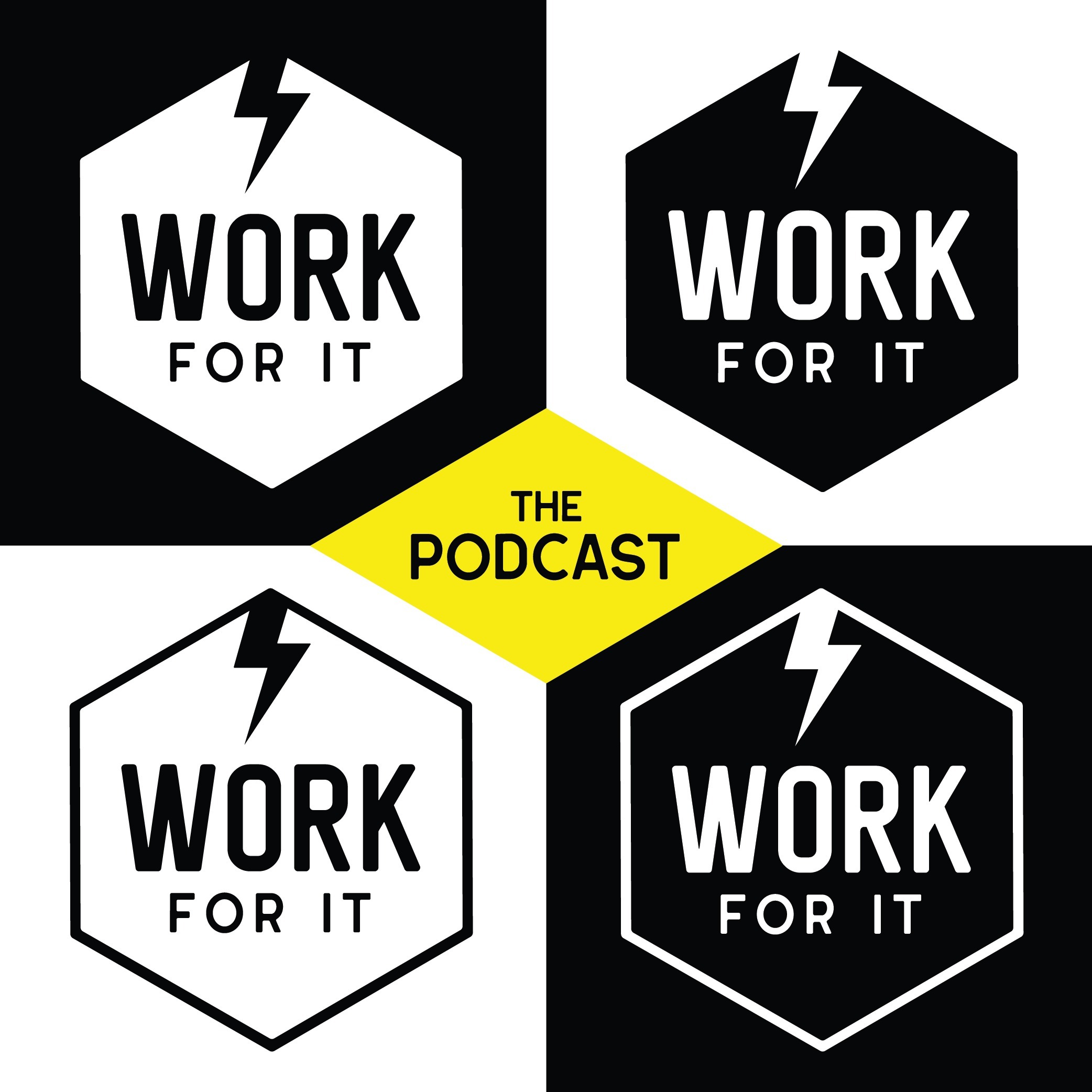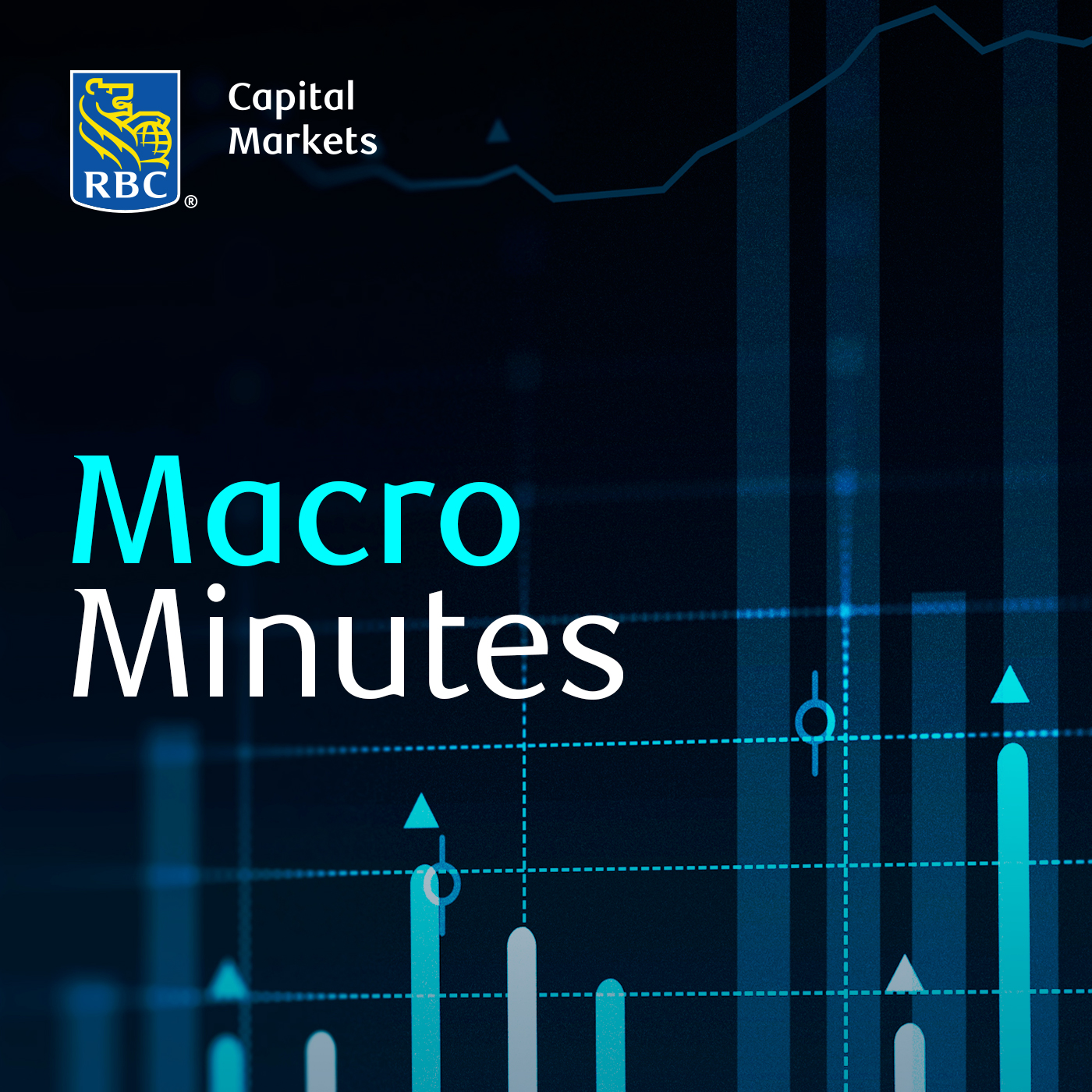Extreme Dependence
Hiking cycles are extending or re-starting later in 2023 than many expected for the BoC and Fed, with the terminal points heavily dependent on the evolution of data in the near term. The BoE is similarly very data dependent, while the ECB looks set to extend its cycle further. Developed market economies have generally "outperformed" in the first half of the year, with expected weakness failing to materialize in hard data (so far).Participants:Blake Gwinn (Desk Strategy), Head of US Rates StrategyCathal Kennedy (Desk Strategy), Senior UK EconomistSimon Deeley (Desk Strategy), Canada Rates StrategistAdam Cole (Desk Strategy), Chief Currency StrategistAdam Jones (Trading), Head of US Credit Algo Trading<br/>* Research Analyst opinions are their published views, independent of those expressed by Desk Analysts



















